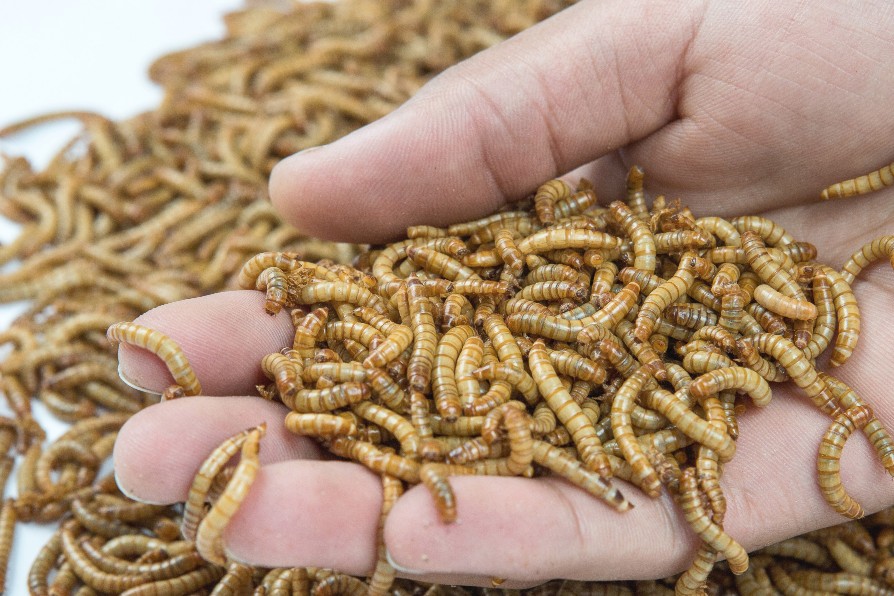[ad_1]
French startup Ÿnsect, which produces insects for pet and human food, has raised €160m but is also cutting its headcount by 70, roughly 20% of the company, as it looks to hasten its path to profitability.
The €160m is equity financing. Ÿnsect is not disclosing where the new funding comes from, but the company’s founder, Antoine Hubert, tells Sifted the money comes from a combination of historical and new investors. Previous investors include Astanor Ventures and BpiFrance.
It’s not unheard of but is very rare for startups to decline to say which investors are participating in a round. Ÿnsect also declined to comment on what the new funding will do to its valuation, previously estimated to be around $600m.
The company’s plan to get to profitability quicker will involve the closure of production facilities in the Netherlands, resulting in 35 job cuts. 38 jobs will also be cut at its Paris headquarters. The staff affected were told last week.
Ÿnsect is among a cohort of European startups looking to accelerate their journey to profit amid a cooling funding market.
The company’s last round was a $372m Series C round in 2021. Hubert says it plans to fundraise for a top-up to this Series D raise across 2023. It now makes Ÿnsect the best-funded insect startup in Europe, followed by fellow French business Innovafeed, which has raised $485m.
The path to profitability
As well as closing its Dutch production facility, the company plans to turn a profit by building smaller, less software-intensive facilities and altering the products it focuses on.
Ÿnsect acquired Dutch mealworm business Protifarm in 2021. “We found we would need to invest tens and tens of millions to break even on the [Dutch] sites,” Hubert tells Sifted — the Protifarm site will now switch to a research centre, meaning all production roles in the country will be cut.
The company will also alter its focus away from producing insects for animal feed — a low-margin product — and instead put increased focus on insects for human consumption, pet food and plant food. The European Union greenlighted two new insects for human consumption in March this year, bringing the total to four.

“We have to prioritise,” Hubert says. “I think it’s positive for the business to build stronger foundations. It’s not bad that the market wants faster profitability, it’s how you build sustainable businesses.”
The revised plan also involves working in more joint ventures and partnerships, meaning Ÿnsect will be able to split the costs of operations. Those will largely be outside of Europe — it’s currently working on a venture in Mexico.
Aside from the closing Dutch farm, Ÿnsect has two farms in France and one in the US.
The facilities the company will build going forward will also be smaller and less software-intensive, Hubert says. That, combined with the focus on partnerships overseas, means engineers are among the roles being cut at the Paris headquarters — alongside HR and finance positions.
Despite the cuts, the revised strategy does include hiring across the next year — roughly 35 to 40 roles, mainly engineering roles outside of Europe.
Freya Pratty is a senior reporter at Sifted. She covers climate tech, writes our weekly climate tech newsletter and works on investigations. Follow her on Twitter and LinkedIn
[ad_2]
Source link
